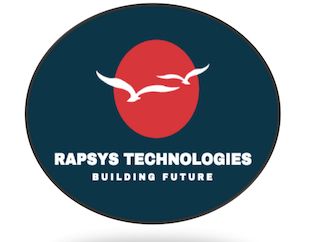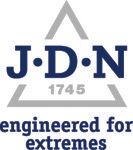An IoT Field Service Technician is responsible for installing, configuring, maintaining, troubleshooting IoT devices such as Facial Recognition (FR), smart cameras, sensors, network devices, industrial IoT sensors and equipment. The role requires technical expertise, problem-solving skills, and the ability to work with both hardware and software components of IoT systems.
Key Responsibilities:
1) Installation and Setup:
· Install and configure IoT devices, sensors, and networks according to stakeholder requirements.
· Perform system integrations, ensuring that devices is able to communicate with the yard central system.
· Ensure network connectivity ie routers, Access Points, wi-fi is properly established for IoT systems.
2) Troubleshooting and Maintenance:
· Diagnose and resolve issues with IoT devices, networks, or platforms, both remotely and on-site.
· Conduct regular inspections and maintenance of IoT devices and systems to ensure optimal performance.
· Perform firmware and software updates on devices as needed.
· Address and resolve connectivity issues, sensor malfunctions, and data reporting errors.
3) Customer Support:
· Provide technical support and training to stakeholder on how to use and maintain their IoT devices.
· Address stakeholder inquiries and concerns, either on-site or remotely, ensuring satisfaction and efficient problem resolution.
· Assist with the integration of IoT systems into existing infrastructure and applications eg digital twin platform
4) Documentation:
· Maintain good records of all service activities, including installations, configurations, maintenance, and stakeholder interactions.
· Provide reports on system performance, usage patterns, and any potential improvements.
· Document troubleshooting steps, solutions, and maintenance schedules.
· Check on System upgrades and System Optimization from vendor
.
Required Skills and Qualifications:
· Technical Knowledge: Familiarity with IoT devices, sensors, cloud-based platforms, and networking protocols
· Troubleshooting Skills: Strong problem-solving abilities, especially in identifying issues with hardware, software, or connectivity.
· Communication: Ability to explain technical issues and solutions to stakeholder clearly and concisely.
· Networking Knowledge: Understanding of network infrastructure, IP addresses, routers, and firewalls.
· Hands-on Skills: Comfortable working with hardware, including installation, wiring, and setup.
· Field Service: Safety- oriented, need to have interpersonal skills to interact with stakeholders like P&M, Security, Ops teams to coordinate work task
























